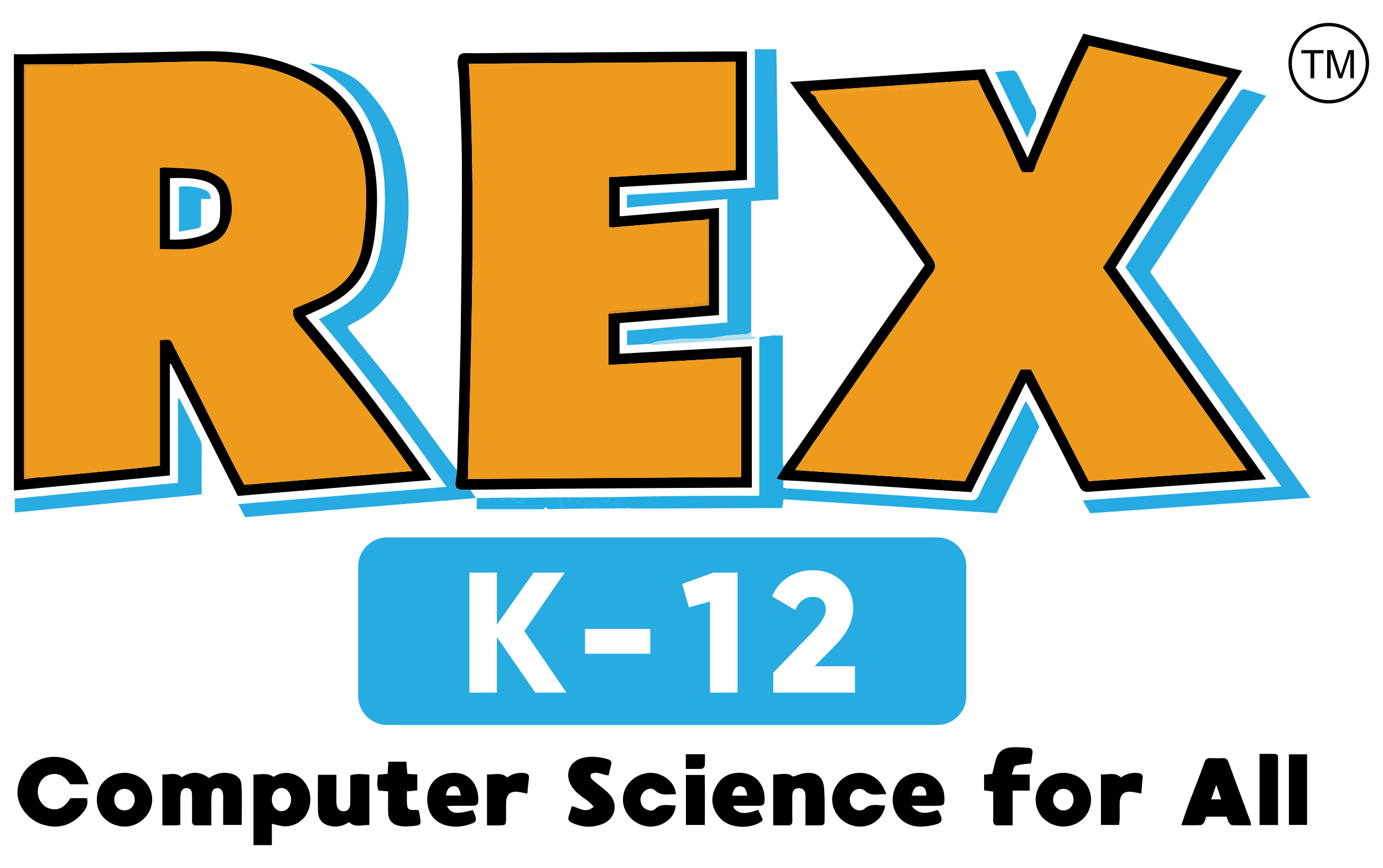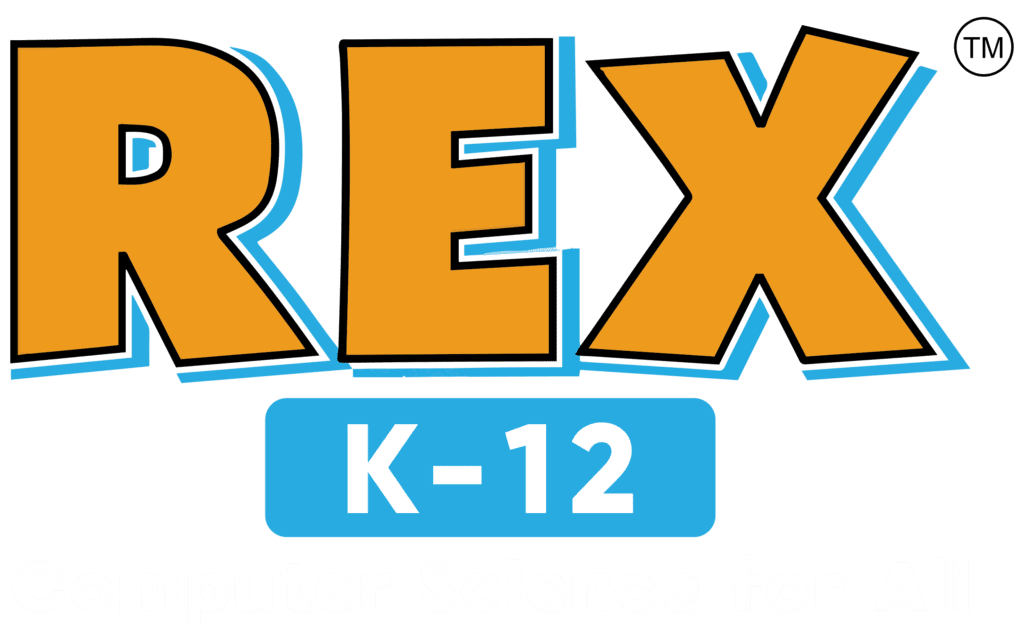Why Teach Computer Science to K-12?
Teaching computer science to K-12 students is essential for many reasons. In our world today, technology is a fundamental element of everything we do, so it’s essential for students to learn about it. Computer science isn’t just about coding; it teaches valuable skills like problem-solving and creativity that can be used in lots of different areas. By learning computer science, students can prepare for the future and gain skills that will help them succeed in school and beyond. Let’s delve deeper into some of the reasons why teaching computer science to K-12 students is becoming increasingly vital:
1. Preparing Students for the Future:
In an era where technology permeates every facet of our lives, computer science skills are indispensable for success across diverse career paths. Even in fields seemingly unrelated to technology, a grasp of computer science fundamentals can offer a significant advantage by enabling students to harness the power of technology effectively.
2. Developing Computational Thinking:
Computer science education extends beyond mere coding; it cultivates invaluable problem-solving abilities such as decomposition, abstraction, pattern recognition, and algorithmic thinking. These skills are applicable beyond the realm of computers, empowering students to approach challenges methodically and creatively in various contexts.
3. Fostering Creativity and Innovation:
By immersing students in the world of coding and program design, computer science empowers them to become creators rather than mere consumers of technology. This newfound ability to express ideas through coding not only fosters innovation but also equips students with the tools to tackle problems from fresh, inventive perspectives.
4. Increasing Digital Literacy and Online Safety:
A solid understanding of computer systems and the internet is crucial for navigating the digital landscape safely and responsibly. Computer science education imparts essential knowledge about online safety practices, responsible information sharing, and critical thinking skills necessary for evaluating online content.
5. Leveling the Playing Field:
Ensuring access to computer science education for all students, irrespective of their background or socioeconomic status, is imperative in bridging the digital divide. By providing equal opportunities, we empower every student to participate in and benefit from the ongoing technological revolution.
All in all, integrating computer science into K-12 curriculum equips students with the indispensable skills, knowledge, and mindset essential for thriving in an increasingly digital world. From preparing them for future careers to fostering their creativity and problem-solving abilities, computer science education lays the groundwork for students to become responsible, informed digital citizens.












